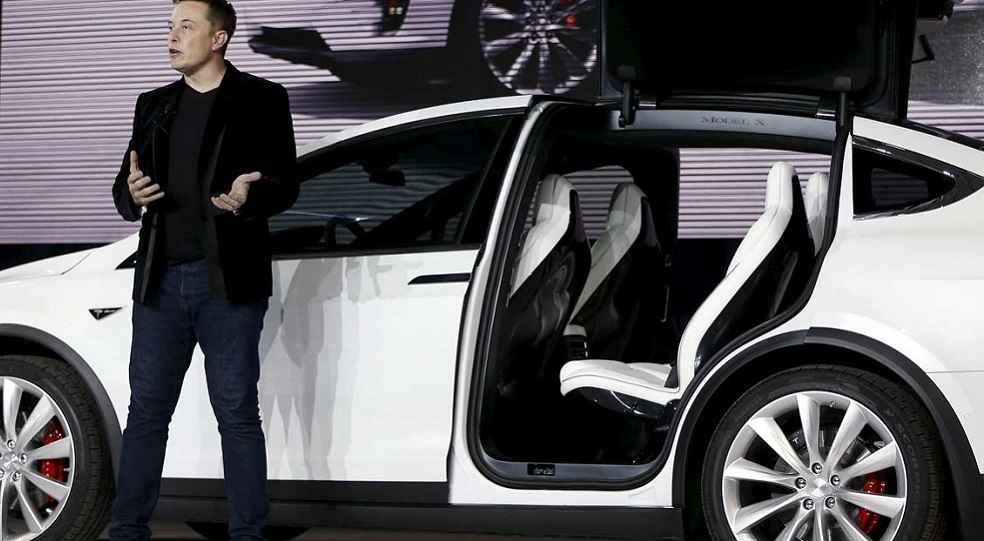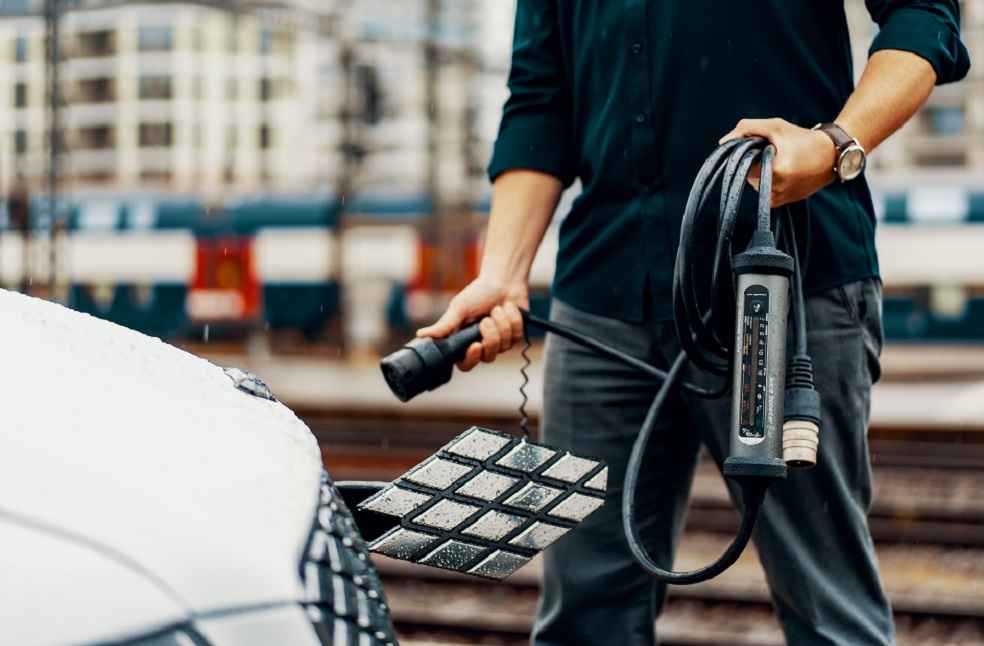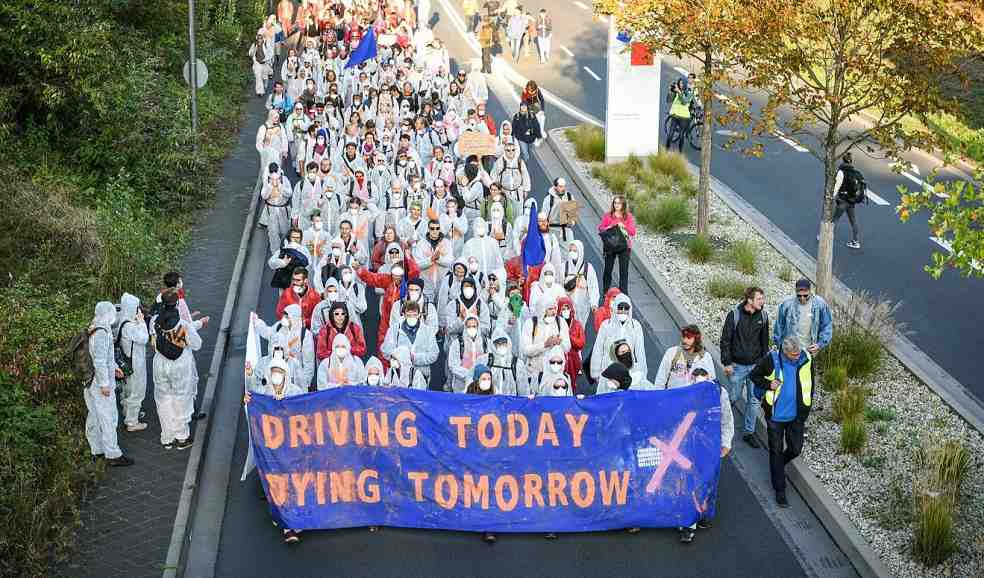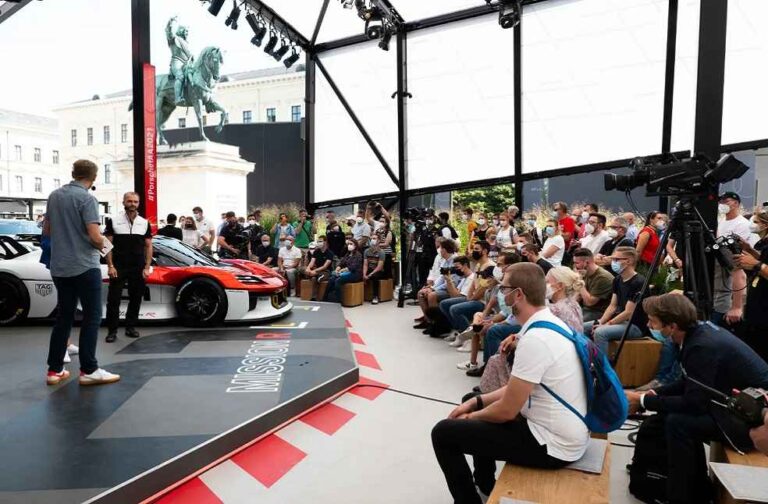The IAA auto show, a marquee event in the automotive realm, witnesses a transformative shift as Chinese EV manufacturers flaunt their e-mobility prowess on European terrain, traditionally dominated by German automakers. This strategic positioning comes as Europe’s automotive giants grapple with economic disruptions, from post-pandemic supply chain dilemmas to repercussions of the Russian invasion of Ukraine.
Electric models from China aim to capture the attention of attendees, establishing a solid foothold amidst established European brands. Their audacious challenge is further intensified with Elon Musk’s Tesla joining the fray, a company that typically shies away from such extravaganzas.

European automakers face headwinds. Despite a trajectory indicating recovery, sales figures within the European Union remain notably subdued, trailing approximately 20% behind pre-pandemic benchmarks. Rising inflation and interest rates, and Ukraine-related energy price surges, contribute to this slump.
Contrastingly, Chinese automotive pioneers chart aggressive growth trajectories, domestically and globally, positioning their vehicles at enticing price points. This dynamic is reflected in the IAA’s exhibitor demographics, with a staggering 41% originating from China.
European representation at the event seems subdued. Stellantis’s presence is anchored by Opel, and Renault restricts its showcase to its principal brand.

With sustainability and climate change casting long shadows on global narratives, the IAA broadens its scope beyond automobiles. It encapsulates the overarching theme of ‘mobility’, extending its embrace to bikes and scooters.
Yet, the transition towards eco-friendly mobility draws scrutiny. A medley of climate advocacy groups declare intentions to stage protests, with a segment hinting at direct actions that could interrupt the event’s flow. Such sentiments aren’t baseless, as many argue that the car industry’s profit-driven growth has had environmental consequences.

The automotive industry’s pivot to more sustainable solutions comes amidst a backdrop of societal change. As environmental voices gain momentum, conventional auto gatherings undergo metamorphosis to retain relevance. This transmutation materialized in 2021 with the IAA relocating from Frankfurt to Munich, reimagining itself as an encompassing mobility festival.
With the automotive landscape poised at a juncture of evolution, the current IAA emerges as a significant indicator, with Munich serving as the crucible where manufacturers, activists, and consumers converge to sculpt the mobility landscape’s destiny.
DON’T MISS | Miami Auto Show 2023: Global Models Debuts and Electric Car Innovations





